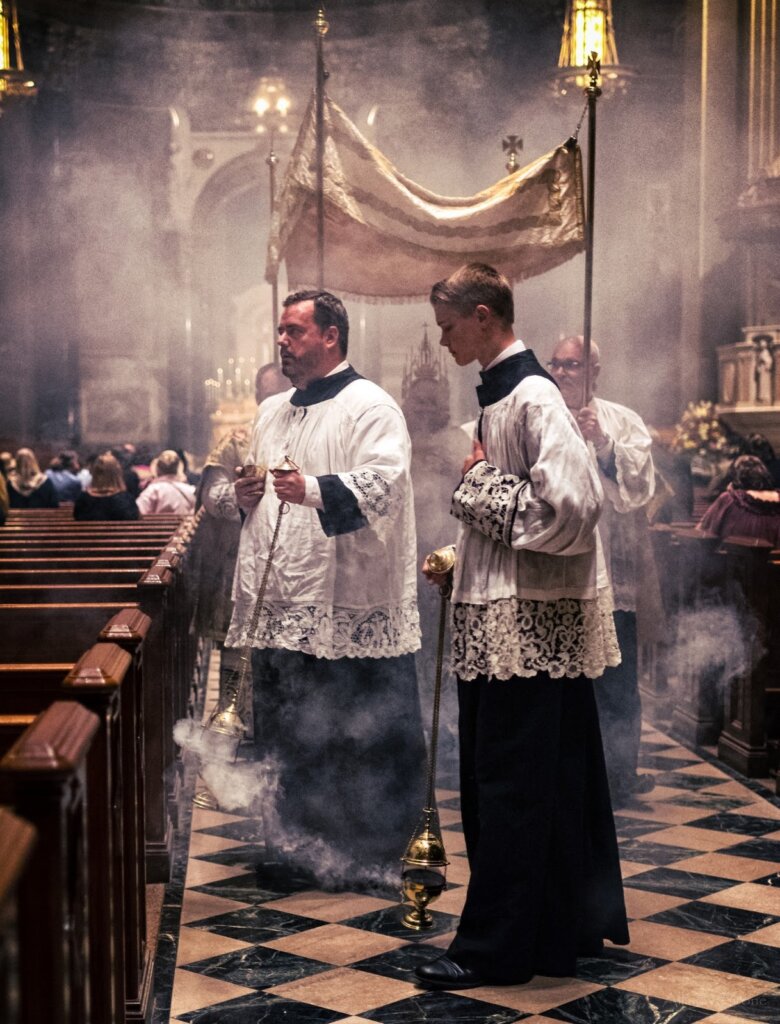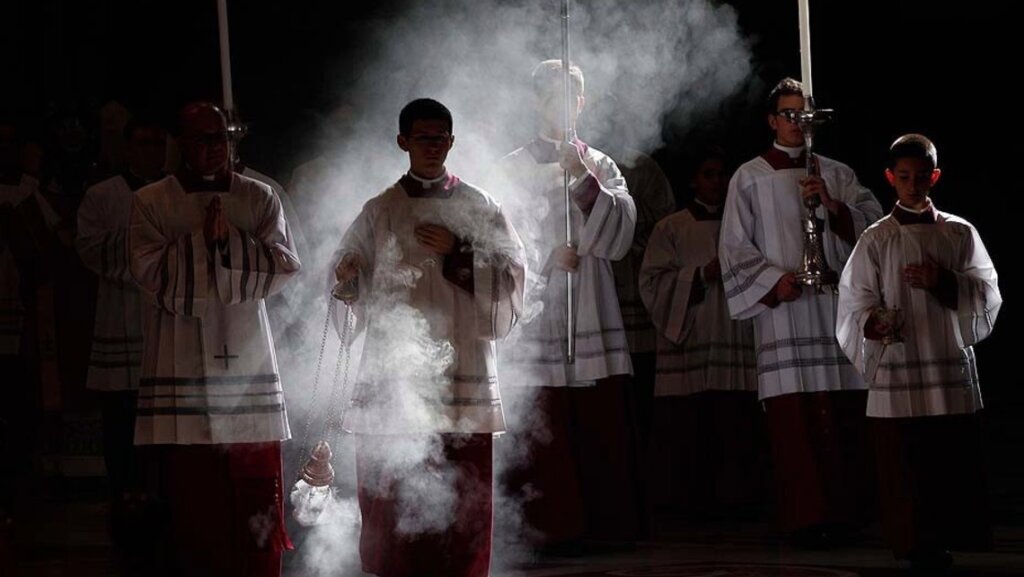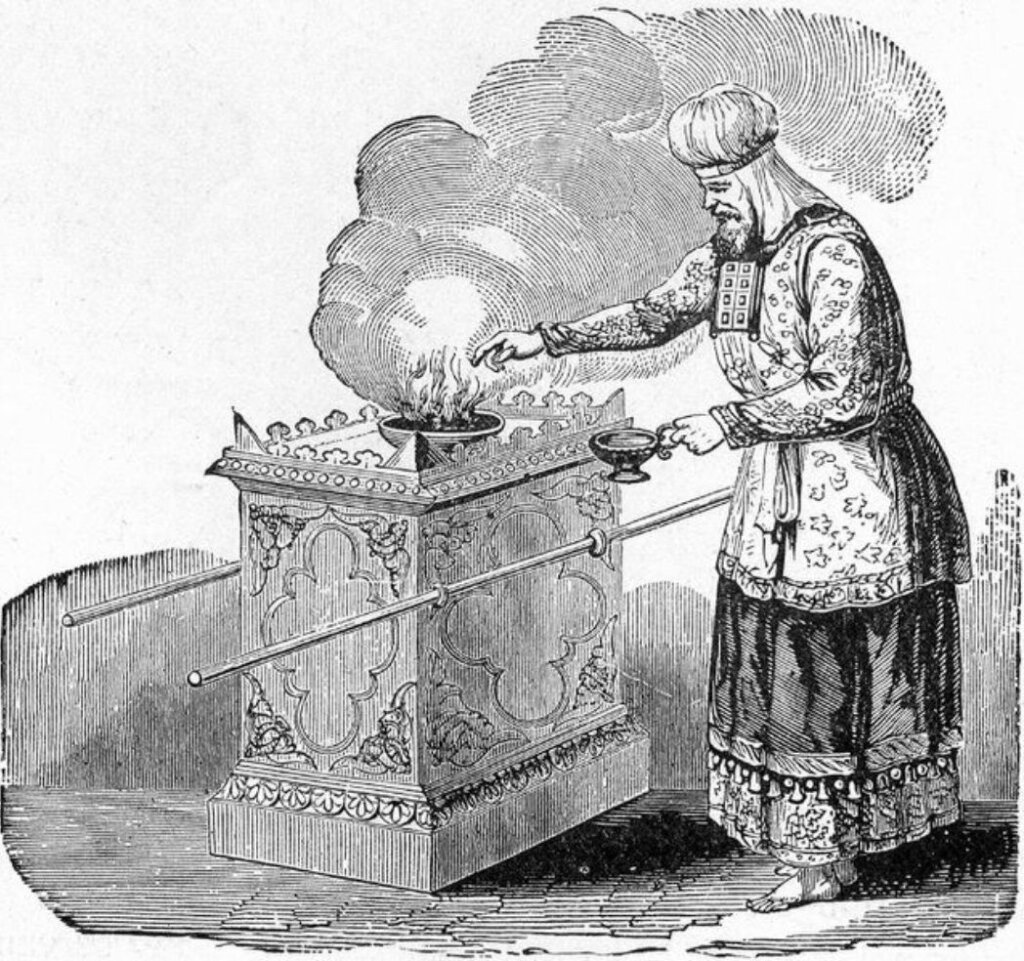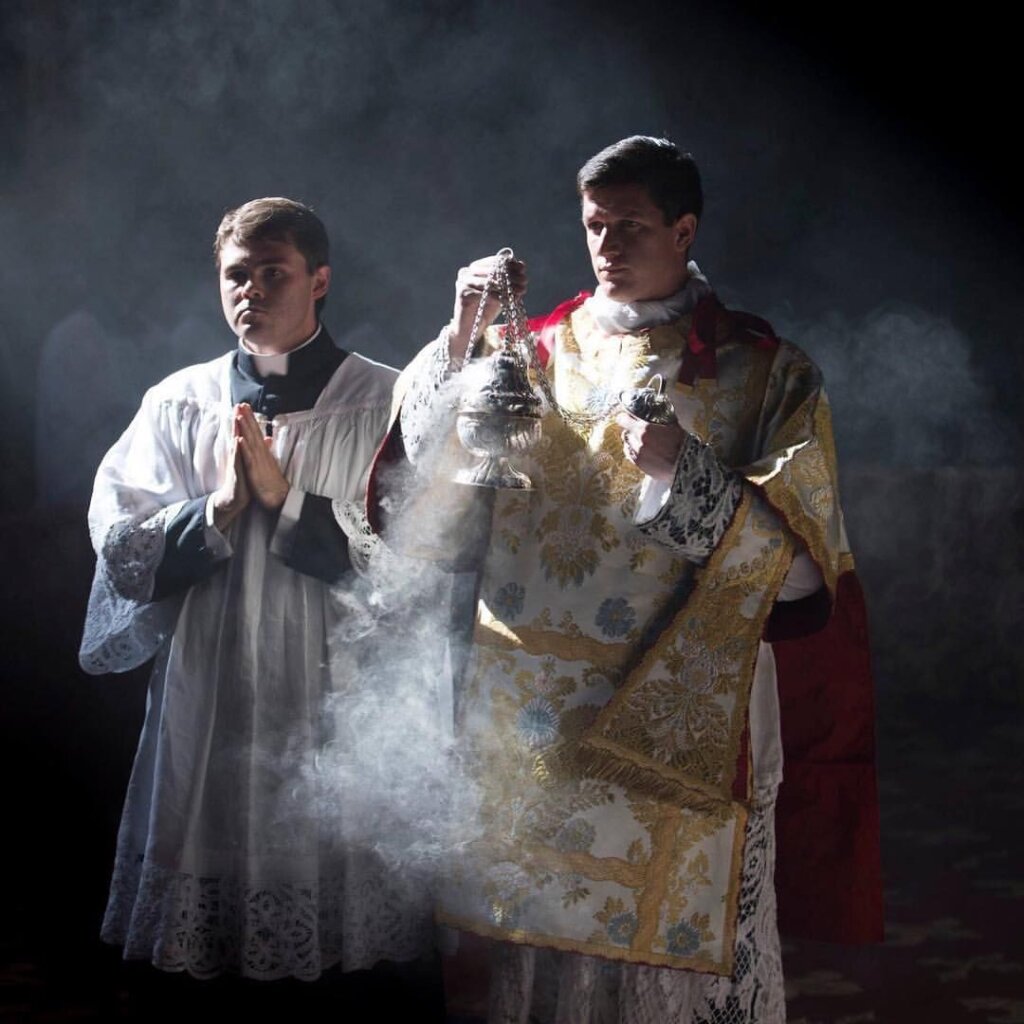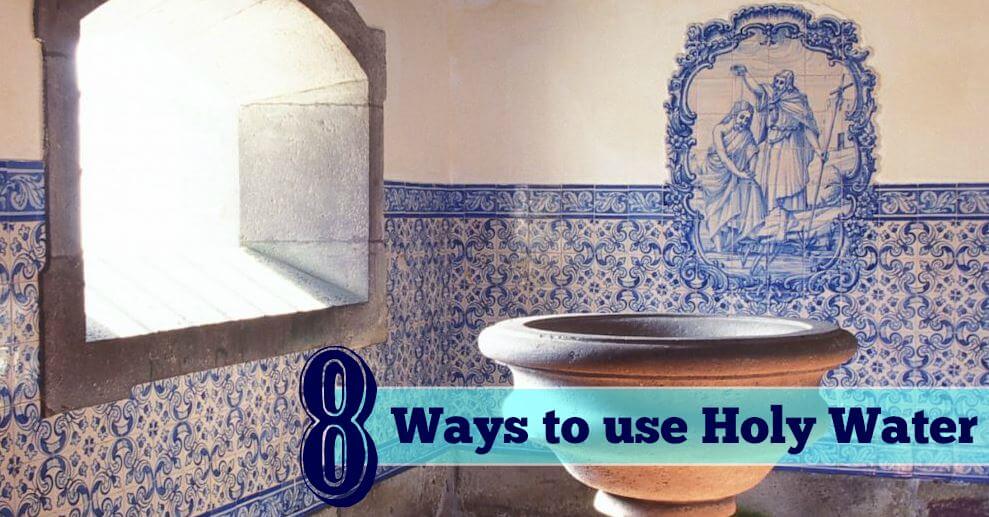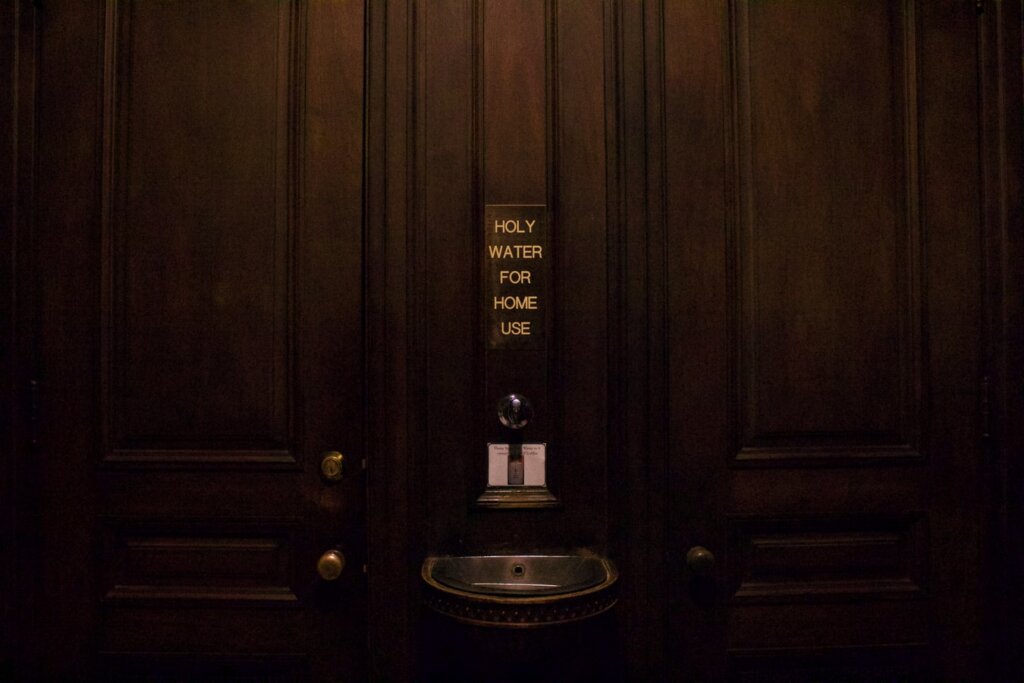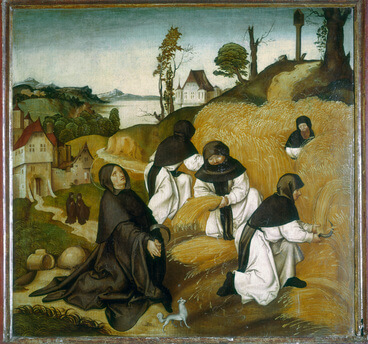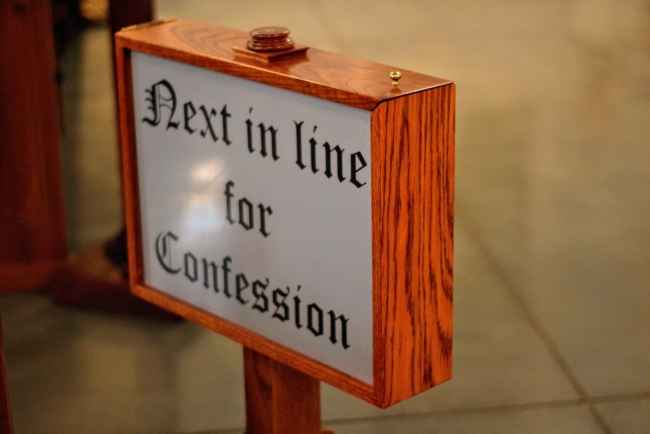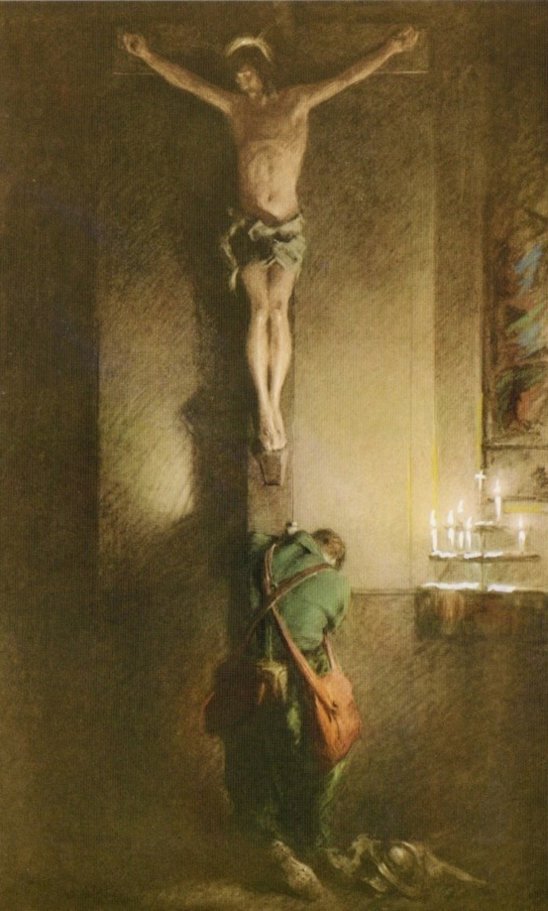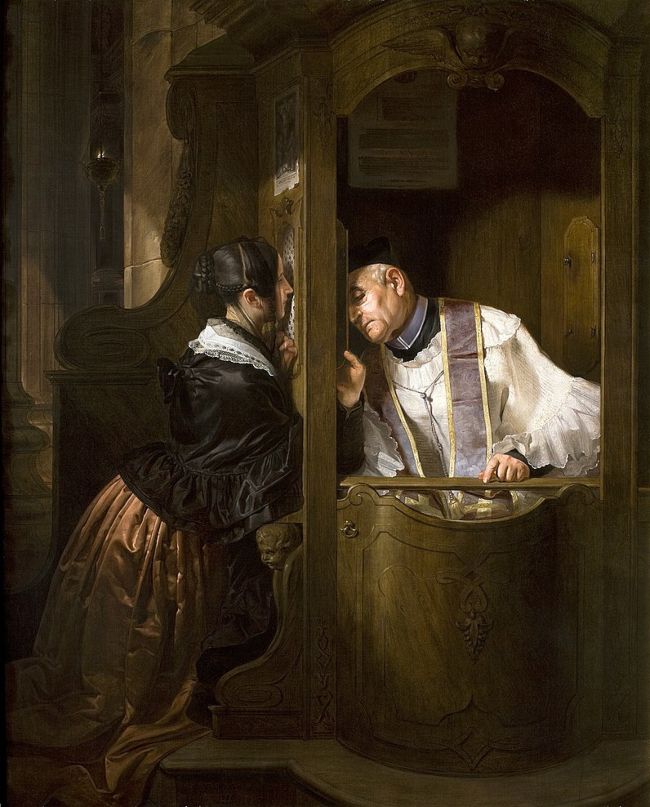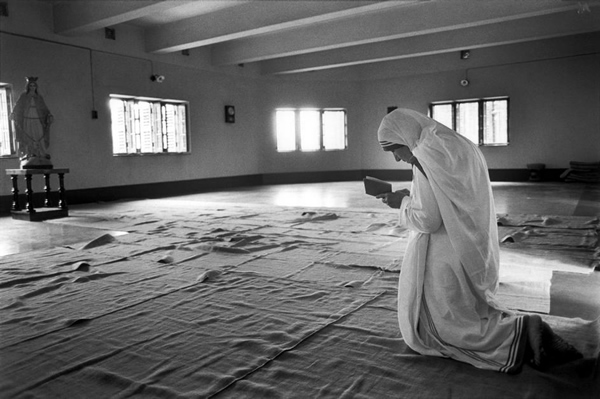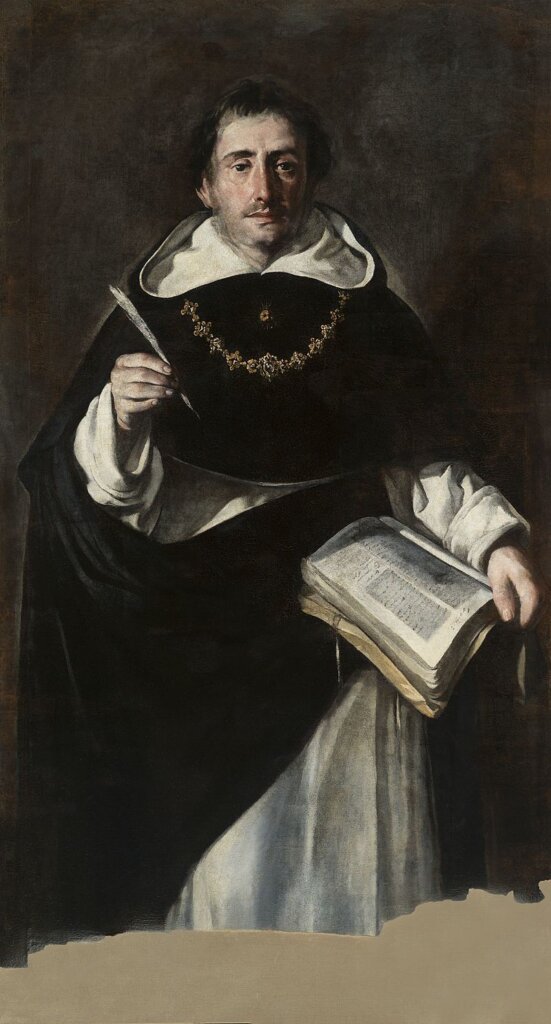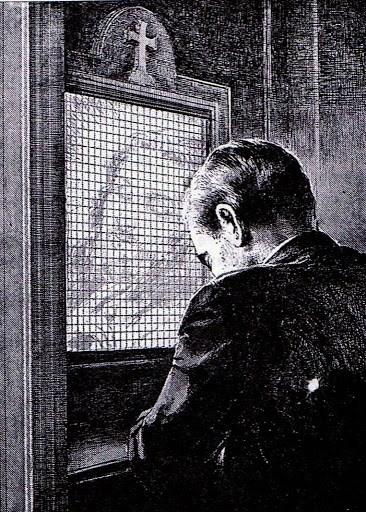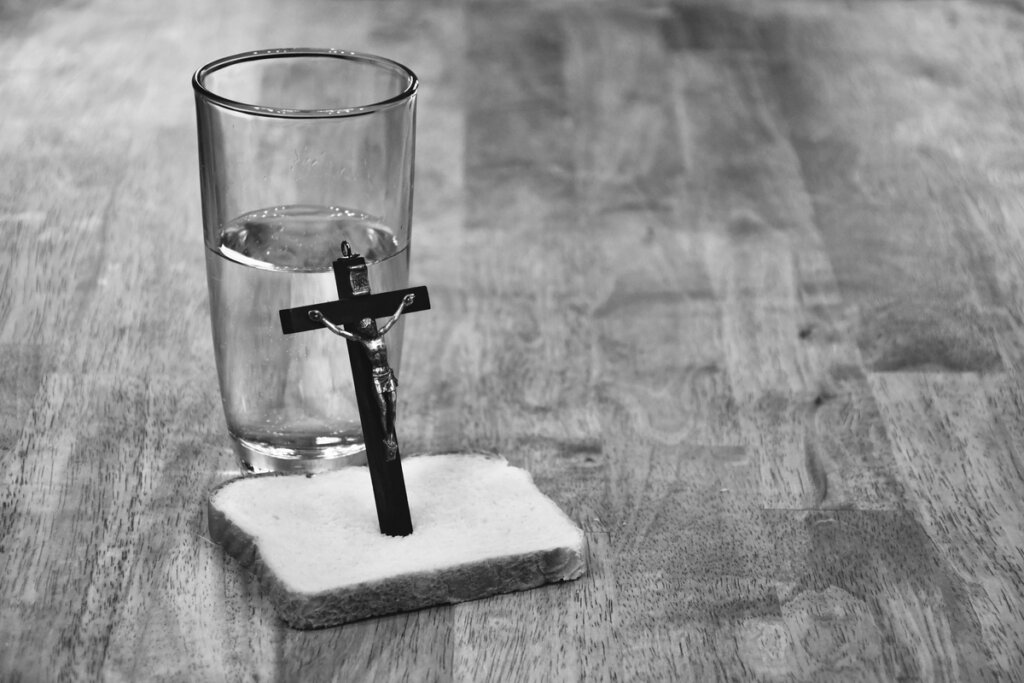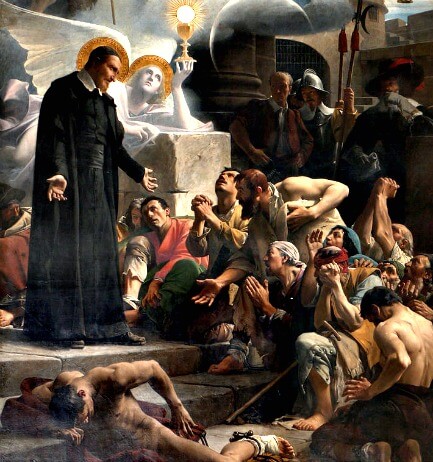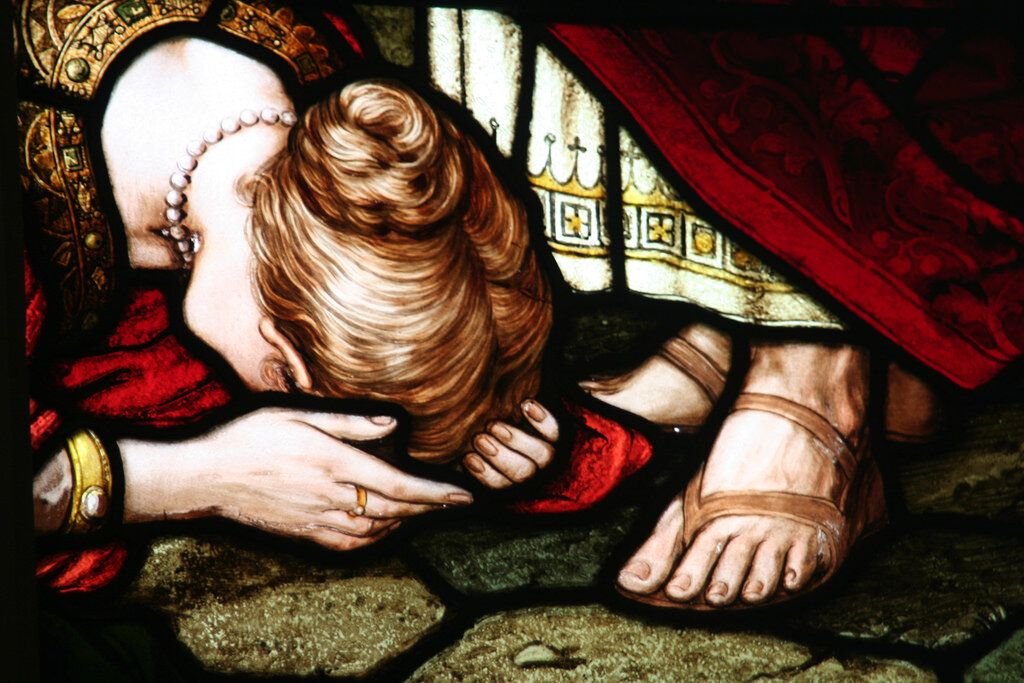
While I have great love and admiration for all the saints, I have a very special relationship with St. Joseph, my spiritual father. He is one of the most beloved saints in the Catholic Church. His principle feast day, March 19, is a solemnity—a feast of the very highest rank. We also celebrate a secondary feast day under his title “St. Joseph the Worker” on May 1st.
St. Joseph is, for me, a spiritual father; a protector and provider; an intimate companion; a pattern for a life hidden in Christ and cloaked in docility. His divine call by God the Father was a great and mysterious grace that cannot be easily reduced to a list of specific qualities; there would not be enough space to contain them. Such is the generosity of God when He asks something tremendous of His beloved children. St. Joseph is so special to me that I took his name for my Carmelite name when I became a Secular Discalced Carmelite.
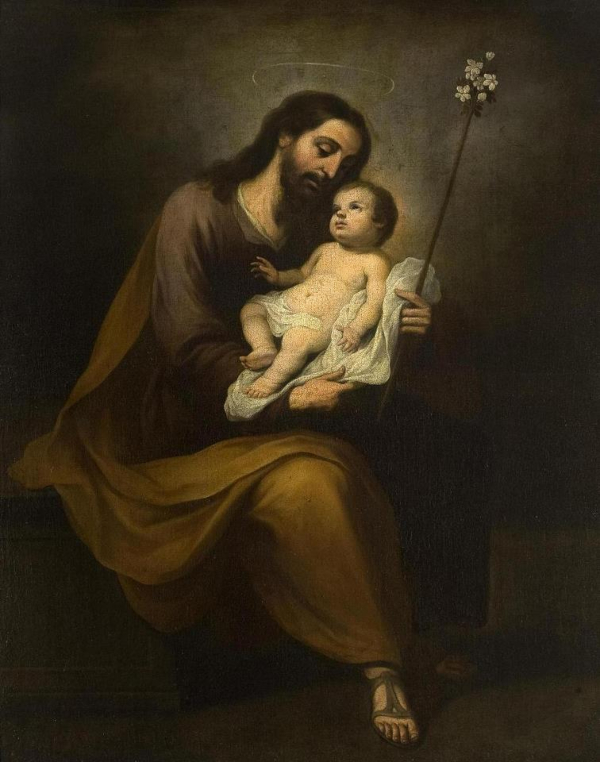
He was the earthly father of Jesus, the spouse of the Blessed Virgin, and the patron saint of fathers, workers, immigrants, the Universal Church, the “domestic” church, and a happy death. He is also recognized as “The Terror of Demons.” He has numerous titles and patronages, and his intercession is very powerful.
It is impossible to list all the wonders and virtues of my beloved spiritual father, but here are some of the most beautiful qualities of St. Joseph:
1. He showed supreme generosity in the gift of self.
God gave full possession of Himself to Joseph in divine generosity, and in return, Joseph gave himself fully to God.
Before his young wife came to live with him, she was found to be with child. As he was processing this shocking news, the Angel of the Lord appeared to him, telling him not to be afraid to take Mary into his home as his wife.

What incredible confusion and unworthiness he must have felt after the Angel told him the child was the Messiah, the long-awaited Savior of his people. Imagine how unworthy he found himself to be as the leader of the Holy Family. Yet Joseph was devout; he was just. He gave himself fully and completely to the designs of God.
2. He exercised humility within his God-given authority.
Despite the confusion about this topic in our culture today, there is a hierarchy of love that prevails in family life. A husband and father has a very particular spiritual authority in his family. God has intended for that authority to extend to daily life as he guides, guards, and protects his wife and children, and provides for their needs as the head of the family.

God the Father gave St. Joseph authority over Mary and the Divine Child. His angel appeared to Joseph in dreams to inform and guide him—the angel did not appear to Our Lady after the Annunciation, nor to Christ, the Infant God. Joseph’s God-given role was to be a true spouse and father to Our Lady and to Jesus; he was the leader of their family. God did not disrupt this order, even under these circumstances, because He Himself designed it that way.
Joseph may have felt ill-equipped in his humanity, but because God chose him for this role, the Lord enriched Joseph with the gifts appropriate to his paternity and to every other task and duty entrusted to him. For his part, Joseph put his entire life at the service of Love.
3. He lived a deep interior life.
The same silence that characterizes the life of St. Joseph also reveals the deep union between the contemplative and active life in this beloved saint. The Gospels announce what Joseph did. They do not present a single word of what he said. All that he did in the Gospels evidences a spirit of deep contemplation. God would not have subjected Himself to the authority and care of someone who was not seeking to know Him in holiness and to live in His law. For these reasons we know that St. Joseph was a holy man who sought the face of God in prayer.
He lived life in communion with Jesus, in His very presence within the Holy Family. As surely as this Presence sanctifies us here and now in the Eucharist, bringing forth grace within us, it sanctified and edified Joseph throughout his daily life, profoundly deepening the grace within him. And St. Joseph’s fatherly love surely had an influence on Jesus as His human nature grew in grace and maturity.
The supposed tension between the active life and the interior life finds a perfect balance in St. Joseph. The Lord worked powerfully within him—his great love for God was both the source and the impulse for his interior life.
4. He had amazing faith and obedience in the face of great mystery.
Joseph believed and obeyed. His incredible faith and trust in God enabled him to surrender his own plans, dreams, and assumptions about his life in order to take on a fatherhood he had never expected and a mystery he’d never imagined—all for love of God, the Messiah, and the Jewish people who had awaited the coming of the Messiah for generations.
With unquestionable trust and belief, he took Mary into his home under extraordinary circumstances. He took his wife and child into Egypt in the middle of the night to escape a murderous King. He took them out of Egypt when the Angel of the Lord appeared with news that it was safe to return home.
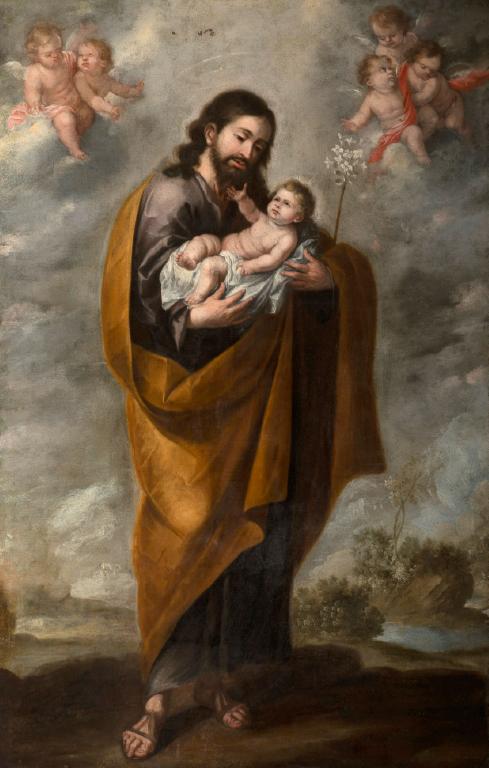
He did not falter or hesitate. He trusted, knowing that he was at the service of God, Our Lady, and the Christ Child. In each of these instances, he stepped symbolically into darkness. He walked in mystery, embracing it, in obedience and faith.
5. He is the patron and protector of the “domestic church” and the Universal Church.
As a Jewish father, Joseph would have led the prayers at home every day. He would have taken Mary and Jesus to the temple to worship. He would have taught Jesus in His human nature.
The Holy Family is a model for every Catholic family. As head of the Holy Family, St. Joseph is also the patron and guardian of every “domestic” church. The domestic church is the collective spiritual life within every Christian family. It is the primary place of formation, instruction in prayer, and the teaching of virtues, ethics, and moral values. It is the school of love, and a place where that love nurtures Christian maturity of thought. It is the fertile ground where all vocations are seeded.

Joseph is also the patron of the Universal Church. Because we have become God’s sons and daughters through baptism, the earthly father of Jesus has become our spiritual father, just as Mary is our spiritual mother. Just as Our Lady looks down upon us from heaven, so too St. Joseph is watching over Christ’s Mystical Body on earth as its patron.
Go to St. Joseph for help for your family and for the Universal Church.
6. He is the patron of a happy death.
St. Joseph is the companion of many faithful Catholics at the end of their life in this world. Pious tradition holds that he died in the arms of Jesus and Mary, after serving them devotedly as father and husband.
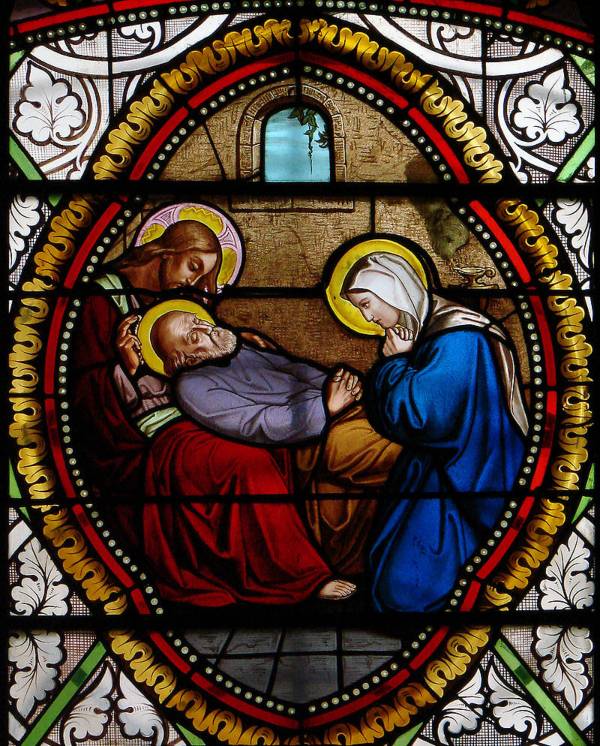
Who better to usher us into eternity than St. Joseph, the head of the Holy Family, who died in the arms of Jesus and Mary? We should have recourse to him at the hour of our own death and at the deaths of our loved ones.
Concluding Thoughts
St. Joseph is a model for all faithful Catholics to live each day immersed in God.
As the protector and guardian of Our Lady and Our Lord, St. Joseph encourages us to stand up for the teachings of the Church and to defend our Faith against the assaults of the world. As the Most Chaste Spouse of the Blessed Virgin, he is a sign of contradiction in a culture that disdains modesty and purity. As the patron of the domestic and Universal Churches, he will intercede in the restoration and healing that will renew our families, our Church and our culture. As the patron of a happy death, he will be with you, in your final hour of need, to comfort you, protect you, and intercede for you before His Most Beloved Son.
He is a precious spiritual companion who will not fail you. In all of your needs, go to St. Joseph.
St. Joseph, pray for us.

The Earliest Known Prayer to St. Joseph (Circa 50 A.D.)
O St. Joseph, whose protection is so great, so strong, so prompt before the throne of God, I place in you all my interests and desires.
O St. Joseph, do assist me by your powerful intercession and obtain for me from your divine son all spiritual blessings through Jesus Christ, our Lord; so that having engaged here below your heavenly power, I may offer my thanksgiving and homage to the most loving of Fathers.
O St. Joseph, I never tire of contemplating you, and Jesus asleep in your arms. I dare not approach while he reposes near your heart. Press Him in my name and kiss his fine head for me, and ask him to return the kiss when I draw my dying breath. St. Joseph, patron of departing souls, pray for us. Amen.


